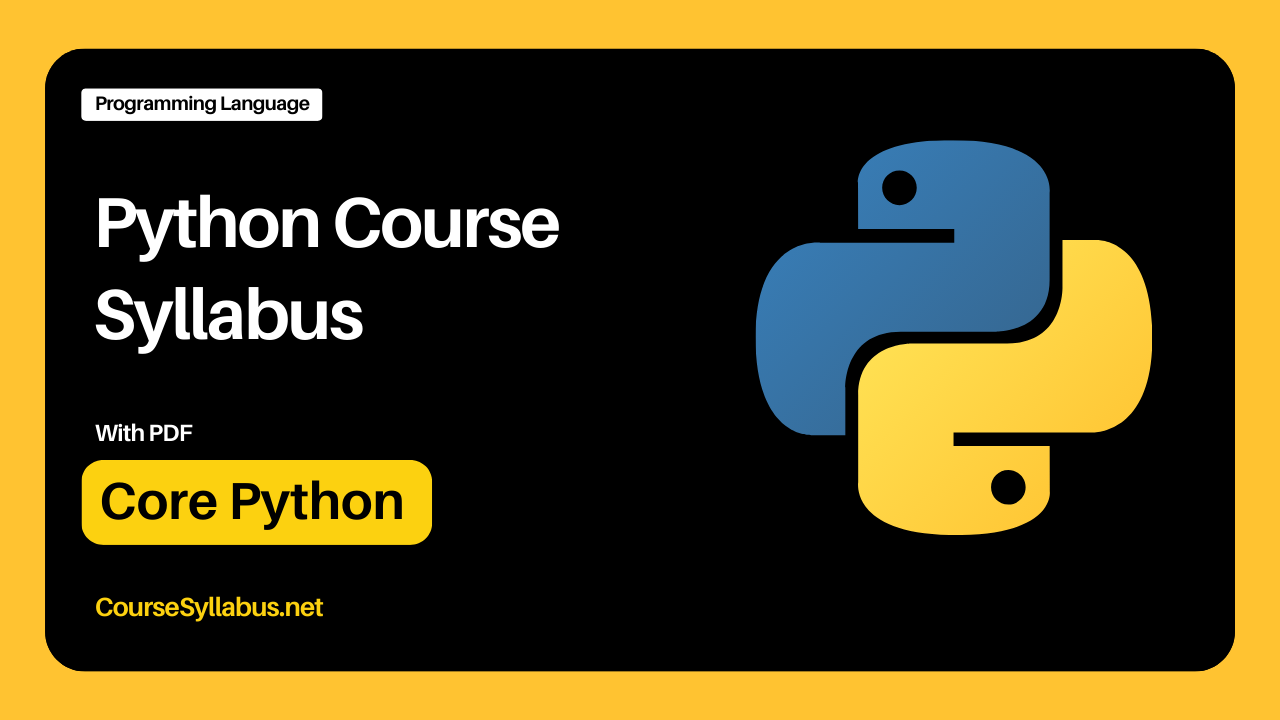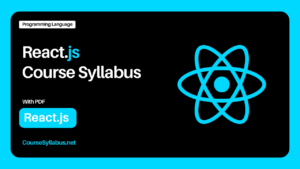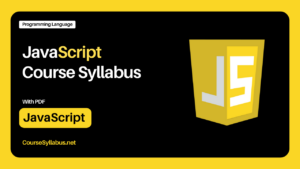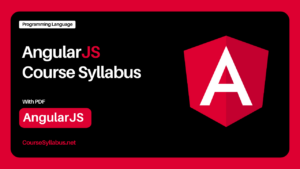This course is an introduction to the Python programming language. Python is a powerful, versatile, and easy-to-learn language that is widely used in data science, web development, and other fields.
This Python programming course is designed for individuals with little programming experience. Participants will learn the fundamentals of Python, gain hands-on experience through coding exercises, and build a foundation for more advanced programming concepts.
Python Course Syllabus
Module 1: Introduction to Python
- What is Python?
- Installing Python
- Setting up a Python environment
- Writing your first Python program
- Python syntax and basic operators
Module 2: Data Types and Variables
- Numeric data types (int, float)
- Boolean data type
- String data type
- Variables and assignment
- Type conversion
Module 3: Operators and Expressions
- Arithmetic operators
- Comparison operators
- Logical operators
- Operator precedence
- Expressions
Module 4: Control Flow Statements
- Conditional statements (if-else)
- Looping statements (for, while)
- Nested control flow statements
Module 5: Functions
- Defining functions
- Calling functions
- Function arguments
- Function scope
- Returning values from functions
Module 6: Data Structures
- Lists
- Tuples
- Dictionaries
Module 7: Error Handling
- Handling errors with try-except blocks
- Raising exceptions
- Custom exceptions
Module 8: File I/O
- Reading files
- Writing files
- File manipulation techniques
Module 9: Object-Oriented Programming (OOP)
- Classes and objects
- Encapsulation
- Inheritance
- Polymorphism
Module 10: Modules and Packages
- Importing modules
- Creating modules
- Using packages
Python Learning Resources
There are lots of options available for Python learning, you can learn from video tutorials, books, and websites.
Time for Learning Python
Prior Programming Experience: If you have prior experience with programming languages, especially ones similar to Python, you might find it easier to pick up Python concepts.
Learning Methods: Some people prefer structured courses or textbooks, while others prefer interactive platforms or video tutorials. Your chosen learning method can affect how quickly you grasp Python concepts.
Given these factors, it’s challenging to provide a precise timeframe. However, many people find that they can learn the basics of Python syntax and start writing simple programs within a few weeks of consistent study (say, 2-3 hours per day). Becoming proficient in Python, mastering its libraries, and using it for more advanced tasks might take several months to a year or more, depending on your dedication and the complexity of the topics you’re tackling.
Career Opportunities with Python
- Software Development: Build apps for web and desktop with Django and Flask.
- Data Science: Analyze and visualize data, and work with machine learning using libraries like Pandas and sci-kit-learn.
- AI and Machine Learning: Dive into cutting-edge technologies with TensorFlow, PyTorch, and Keras.
- Web Development: Create dynamic websites and APIs with Python frameworks.
- DevOps: Automate tasks, and manage infrastructure with Ansible, Puppet, and SaltStack.
- Scientific Computing: Explore simulations and data analysis in fields like physics and biology.
- Finance and Trading: Develop algorithms, analyze markets, and model financial data.
- Game Development: Prototype games, and script interactions with Pygame and Panda3D.
- Cybersecurity: Secure networks, and automate security tasks with Python scripts.
- Education and Training: Teach programming, create courses, and inspire learners.
Learning Python opens doors to diverse and exciting career paths, tailored to your interests and passions. Let’s embark on this journey together!
Conclusion:
“In conclusion, the comprehensive Python course syllabus outlined above serves as a roadmap for beginners and experienced programmers. From laying the foundational concepts to diving deep into advanced topics, this syllabus is designed to equip learners with the skills and knowledge needed to navigate the dynamic world of Python programming. As we’ve explored each module, it becomes clear that this course not only covers the fundamentals but also embraces the real-world applications of Python.




